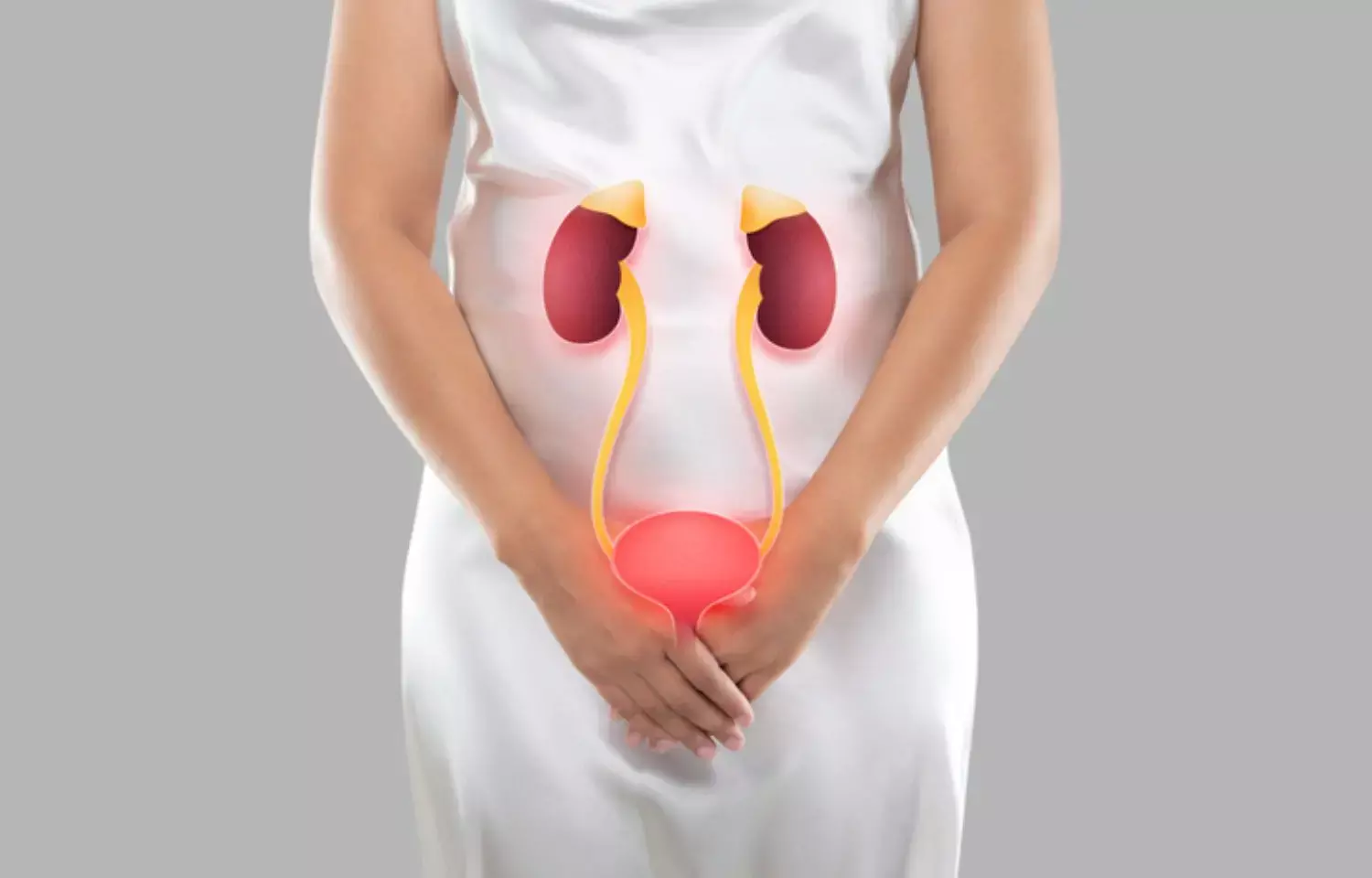- Home
- Medical news & Guidelines
- Anesthesiology
- Cardiology and CTVS
- Critical Care
- Dentistry
- Dermatology
- Diabetes and Endocrinology
- ENT
- Gastroenterology
- Medicine
- Nephrology
- Neurology
- Obstretics-Gynaecology
- Oncology
- Ophthalmology
- Orthopaedics
- Pediatrics-Neonatology
- Psychiatry
- Pulmonology
- Radiology
- Surgery
- Urology
- Laboratory Medicine
- Diet
- Nursing
- Paramedical
- Physiotherapy
- Health news
- Fact Check
- Bone Health Fact Check
- Brain Health Fact Check
- Cancer Related Fact Check
- Child Care Fact Check
- Dental and oral health fact check
- Diabetes and metabolic health fact check
- Diet and Nutrition Fact Check
- Eye and ENT Care Fact Check
- Fitness fact check
- Gut health fact check
- Heart health fact check
- Kidney health fact check
- Medical education fact check
- Men's health fact check
- Respiratory fact check
- Skin and hair care fact check
- Vaccine and Immunization fact check
- Women's health fact check
- AYUSH
- State News
- Andaman and Nicobar Islands
- Andhra Pradesh
- Arunachal Pradesh
- Assam
- Bihar
- Chandigarh
- Chattisgarh
- Dadra and Nagar Haveli
- Daman and Diu
- Delhi
- Goa
- Gujarat
- Haryana
- Himachal Pradesh
- Jammu & Kashmir
- Jharkhand
- Karnataka
- Kerala
- Ladakh
- Lakshadweep
- Madhya Pradesh
- Maharashtra
- Manipur
- Meghalaya
- Mizoram
- Nagaland
- Odisha
- Puducherry
- Punjab
- Rajasthan
- Sikkim
- Tamil Nadu
- Telangana
- Tripura
- Uttar Pradesh
- Uttrakhand
- West Bengal
- Medical Education
- Industry
Regular exercise and weight-loss alleviate symptoms of lower urinary tract among diabetes patients

Palestine: Lower urinary tract symptoms (LUTS) are a noticeable cause of morbidity for people with diabetes mellitus, and regular exercise and weight loss techniques can aid to alleviate LUTS, states a study published in BMC UROLOGY.
Diabetes mellitus (DM) is a prevalent health issue in developing world. Lower urinary tract symptoms (LUTS), a hidden and enigmatic morbidity, are widespread in diabetic individuals. Patients with diabetes mellitus (DM) experience LUTS that has a complex pathogenesis. Importantly, LUTS is understood to lead to both mental and physical suffering.
Studies examining risk factors that might lead to LUTS or the prevalence of LUTS among DM patients have not been conducted in Palestine.
Therefore, given the frequency of LUTS and risk factors, the authors set out to investigate the LUTS problem among DM patients visiting primary health care facilities and to determine whether there may be a connection between LUTS and the quality of life of diabetics.
For this purpose, data from 378 diabetic individuals were gathered over a 6-month period, from May 2021 to October 2021, in primary healthcare facilities. Data were gathered using the Incontinence Impact Questionnaire-7 (IIQ-7), Urogenital Distress Inventory-6 (UDI-6), and demographic and clinical parameters. Included were all patients whose laboratory tests revealed they had DM. Patients having a confirmed diagnosis of a urogenital disorder, a background of urological surgery or recurring UTIs, or those suffering from a mental illness were disqualified. (29.9%) were in the age range of (58–67). Females made up 49%. A third of the cohort was obese, and 50% of the group was overweight. 81% had type 2 diabetes. Nearly all of them were receiving medical care. Both single-variate and multiple-variate analyses were conducted.
Key results of the study:
- The UDI-6 scale had a median score of 5.50 (2.00-8.00) and the IIQ-7 scale had a median score of 5 (0.00-10.00).
- Residency (p = 0.038) and regular exercise (p = 0.001) were substantially and negatively associated with the UDI-6 score, according to multiple linear regression models, whereas female gender (p = 0.042), insulin use (p = 0.009), and the presence of comorbidities (p = 0.007) were strongly and positively linked with this score.
- Age and body mass index (BMI) were considerably and favorably correlated with the IIQ-7 score (p = 0.040 and p< 0.001, respectively).
"LUTS is linked to high BMI and inactivity, regardless of the presence or absence of DM. It is also obvious that losing weight and exercising regularly help treat urine incontinence and alleviate LUTS in females. As a result, weight loss and more physical activity not only aid the patient's DM control and prevent serious complications, but also aid the patient's LUTS," asserted Faris Abushamma, Department of Medicine and team.
The findings support the notion that LUTS directly impairs diabetic patients' quality of life. The need for interventions to be implemented at all healthcare levels to identify such issues at an early stage in order to prevent physical and emotional tiredness among DM patients is compellingly demonstrated by this novel concept in Palestine.
REFERENCE
Qasrawi, H., Tabouni, M., Almansour, S.W. et al. An evaluation of lower urinary tract symptoms in diabetic patients: a cross-sectional study. BMC Urol 22, 178 (2022). https://doi.org/10.1186/s12894-022-01133-1
Dr Kamal Kant Kohli-MBBS, DTCD- a chest specialist with more than 30 years of practice and a flair for writing clinical articles, Dr Kamal Kant Kohli joined Medical Dialogues as a Chief Editor of Medical News. Besides writing articles, as an editor, he proofreads and verifies all the medical content published on Medical Dialogues including those coming from journals, studies,medical conferences,guidelines etc. Email: drkohli@medicaldialogues.in. Contact no. 011-43720751


